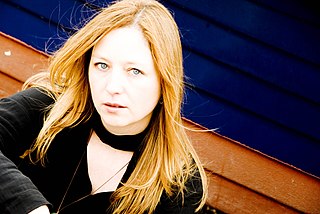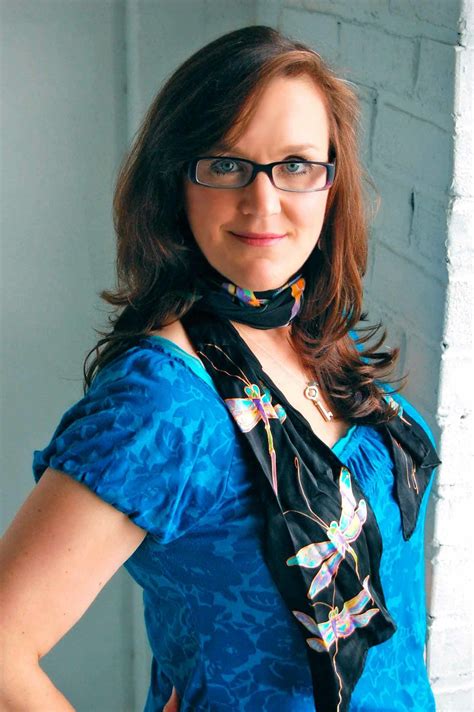A Quote by Barry Hannah
My stories do have plot. They're not just scattered language; they're controlled, toward an end.
Related Quotes
Fiction writers come up with some interesting metaphors when speaking of plot. Some say the plot is the highway and the characters are the automobiles. Others talk about stories that are "plot-driven," as if the plot were neither the highway nor the automobile, but the chauffeur. Others seem to have plot phobia and say they never plot. Still others turn up their noses at the very notion, as if there's something artificial, fraudulent, contrived.
Khattam-Shud,' he said slowly, 'is the Arch-Enemy of all Stories, even of language itself. He is the Prince of Silence and the Foe of Speech. And because everything ends, because dreams end, stories end, life ends, at the finish of everything we use his name. "It's finished," we tell one another, "it's over. Khattam-Shud: The End.
I really am just trying to tell stories. But stories are often grounded in larger events and themes. They don't have to be - there's a big literature of trailer-park, kitchen-table fiction that's just about goings-on in the lives of ordinary people - but my own tastes run toward stories that in addition to being good stories are set against a backdrop that is interesting to read and learn about.
I pray for meaning. I pray for the limits of reality to become clear. For a world – and a type of being – that makes sense. I pray for a life after death that is not like this life. I pray for the end of mystery. What would a life be like with all the mysteries solved? If there were no questions, there’d be no stories. If there were no stories, there’d be no language. If there was no language there’d be no . . . What?
My being Indian is possibly the biggest thing that influences my stories. Not just in terms of settings - most of the settings in my stories are Indian - but also in terms of characters and plot. I think growing up in India grew my imagination in certain ways that would not have happened in any other place. I'm also fascinated by the idea of India, and writing stories allows me to explore this. As for thematic elements, they are probably pretty obvious in my stories. I also hope that my stories bust stereotypes at least to a modest extent.
THE STORIES WE TELL fearlessly explores the textures of the human heart, finding a path toward hope through a Savannah that is jagged with class issues, faith misused, and broken trust. Henry loses you in a landscape peopled with secret keepers, storytellers and liars, and proves that in the end, love is the only reliable compass. This is everything you expect from Patti Callahan Henry—lyrical writing, characters worth rooting for, a sure-footed belief in the power of goodness—plus a twisty plot that will keep the pages turning long into the night.
I read a lot of detective stories because they always deliver. They give you a beginning, a middle, and an end - a resolution. The modern novels I read don't always deliver because I'm looking essentially for a story. As in Shakespeare, "The play's the thing." In particular I read detective stories for pacing, plot and suspense.
Through my grandmother's stories always life moved, moved heroically toward an end. Nobody ever cried in my grandmother's stories. They worked, or schemed, or fought. But no crying. When my grandmother died, I didn't cry, either. Something about my grandmother's stories (without her ever having said so) taught me the uselessness of crying about anything."







































